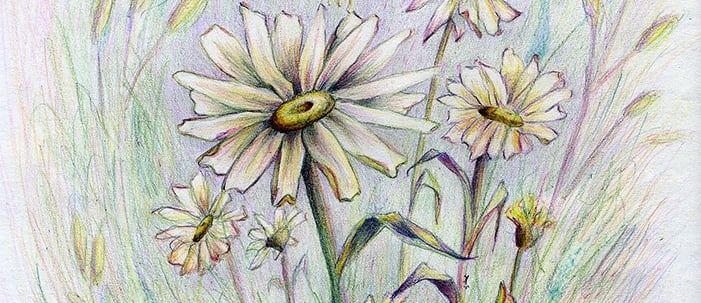What brought me here
My Mom's story


My mother’s story has haunted me my entire life.
She was born blind, became orphaned at the age of 13, and was forced to spend her early teen years living out in the woods in a tent with her brothers and sisters. While I was growing up, she and her siblings talked about those hard times. How both parents passed away within six months of each other. Suddenly the older kids found themselves in charge of keeping the family of six safe, fed, clothed, and attending school and church.
Their ages at the time were four, seven, ten, thirteen, fifteen, and eighteen, and they certainly struggled while navigating the Great Depression and Dust Bowl eras in Oklahoma and Arkansas. Mother retold her stories as family history, recounting how they fought to keep themselves together in a family unit, refusing adoption or separation, foster homes, or orphanages.
Although Mother's community strongly suggested the kids agree to live in neighbors and relatives homes, the children became afraid that someone would try to break up their family. The fact that they could end up never seeing one another again became a real fear for them.
That fear of losing contact caused them to vehemently refuse to spread out into separate homes. They remained independent, and they thrived against all odds.
Hearing those stories all my life, I realized what monumental challenges they and uncountable other depression orphans overcame. This story of the plight of depression-era orphans applies to many family histories, as unfortunate children did in fact roam city streets or scrounge for food and shelter in the countryside, even though the government created several bureaucracies intended to provide for them.
Mother and her siblings are all gone now, passed on to their ancestors, and I felt compelled to tell the story of such a hard time in the lives of so many Depression orphans.
This book, Oralee’s Light, is a work of historical fiction and fantasy; it is not just Mother’s particular history. It is not a factual history of any one person. All of the places and characters are fictional, drawn from life. The stories are brushes used to paint a picture of a difficult time in American History.
If you’d like to read more about the Depression-Era Orphans, Check out the following website:
Kate, Patti. What Were the Effects on the Children of the Great Depression? Children of The Great Depression. United States Now. The Senior Scoop. https://web.archive.org/web/20230809020954/https://www.unitedstatesnow.org/what-were-the-effects-on-the-children-of-the-great-depression.htm
